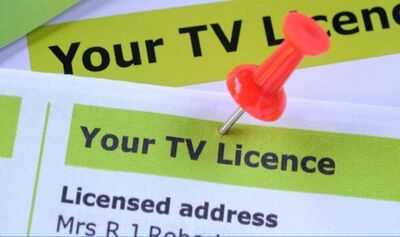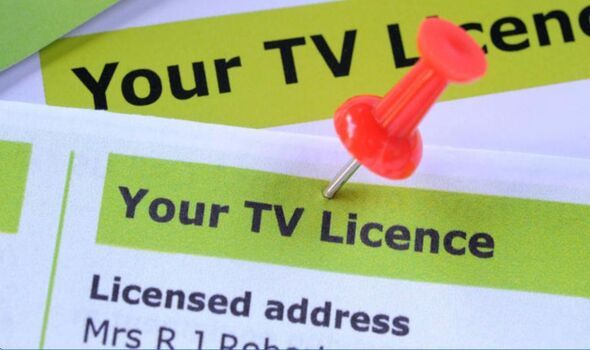

UK households are set to face a rise in TV licence fees, with costs increasing £5 to £174.50 per year starting Tuesday, April 1st. This adjustment, aligned with the current royal charter that oversees the BBC's funding, arrives amid escalating living costs and rising energy prices, placing additional financial burdens on consumers. Amidst the ongoing debate about the sustainability of the BBC's funding model, significant changes could soon affect users of streaming services like Netflix and Disney+.
As the existing royal charter is due to expire in 2027, ministers are contemplating extending the TV licence fee to include these platforms to reflect changing media consumption habits. The royal charter serves as the backbone of the BBC's operational and governance agreement with the Government. With its impending expiration, there's a push to modernize how the public broadcaster is funded.

The price adjustment on April 1 reflects the inflation rate, but it also sets the stage for broader discussions about the BBC's financial future. Sources close to the matter have hinted at discussions within the government about possibly requiring streaming service subscribers to contribute to the licence fees. This move aims to adapt the funding model as more viewers shift towards on-demand content.
Further considerations include introducing advertising on the BBC, imposing specific taxes on streaming services, or potentially charging BBC Radio listeners. These ideas indicate a shift in strategy as the government seeks to ensure the broadcaster's financial stability in a digital age.
Culture Minister Sir Chris Bryant has been vocal about the need to maintain the licence fee to support a "massive production budget" for domestic productions. Appearing before the Culture, Media and Sport Committee in January for their British film and high-end television inquiry, he said: "I do want the streamers to come here.

"Tom Cruise has made massive investments in the UK," Bryant noted, highlighting the benefits of attracting international film projects."
Bryant also stressed the importance of nurturing local talent, stating: "But I also want us to have a system where a British production company is commissioned by others to make something that where the Intellectual Property (IP), or some of the IP, remains with the production company. I kind of want a bit of both."
Brits weighed in on the change on social media, with one fan saying on X: "if you wan't to change the BBC's way's its very simple stop paying for your tv licence in this day and age we don't need tv.. wake up and make THEM pay."
Another penned: "Thank you bbc. Ive just cancelled my tv licence,sick of your anti british b******t Thats a few quid extra in my bank and not yours."